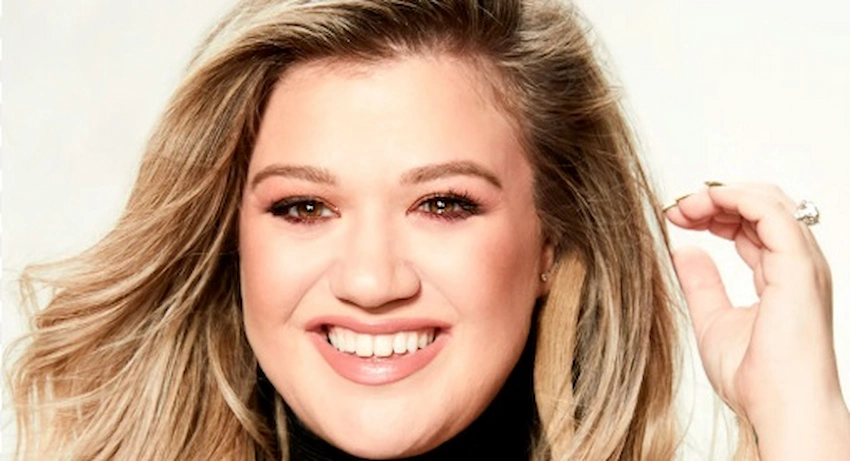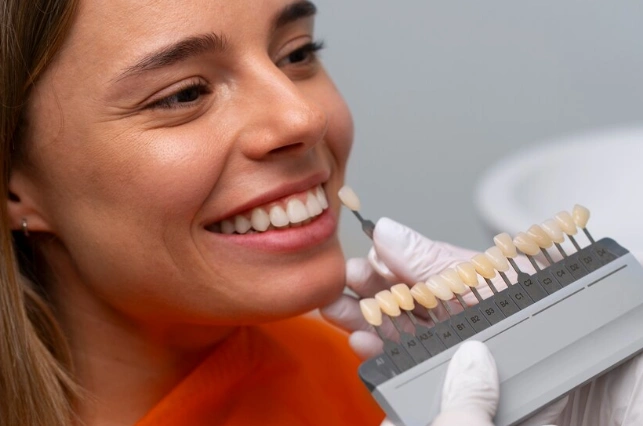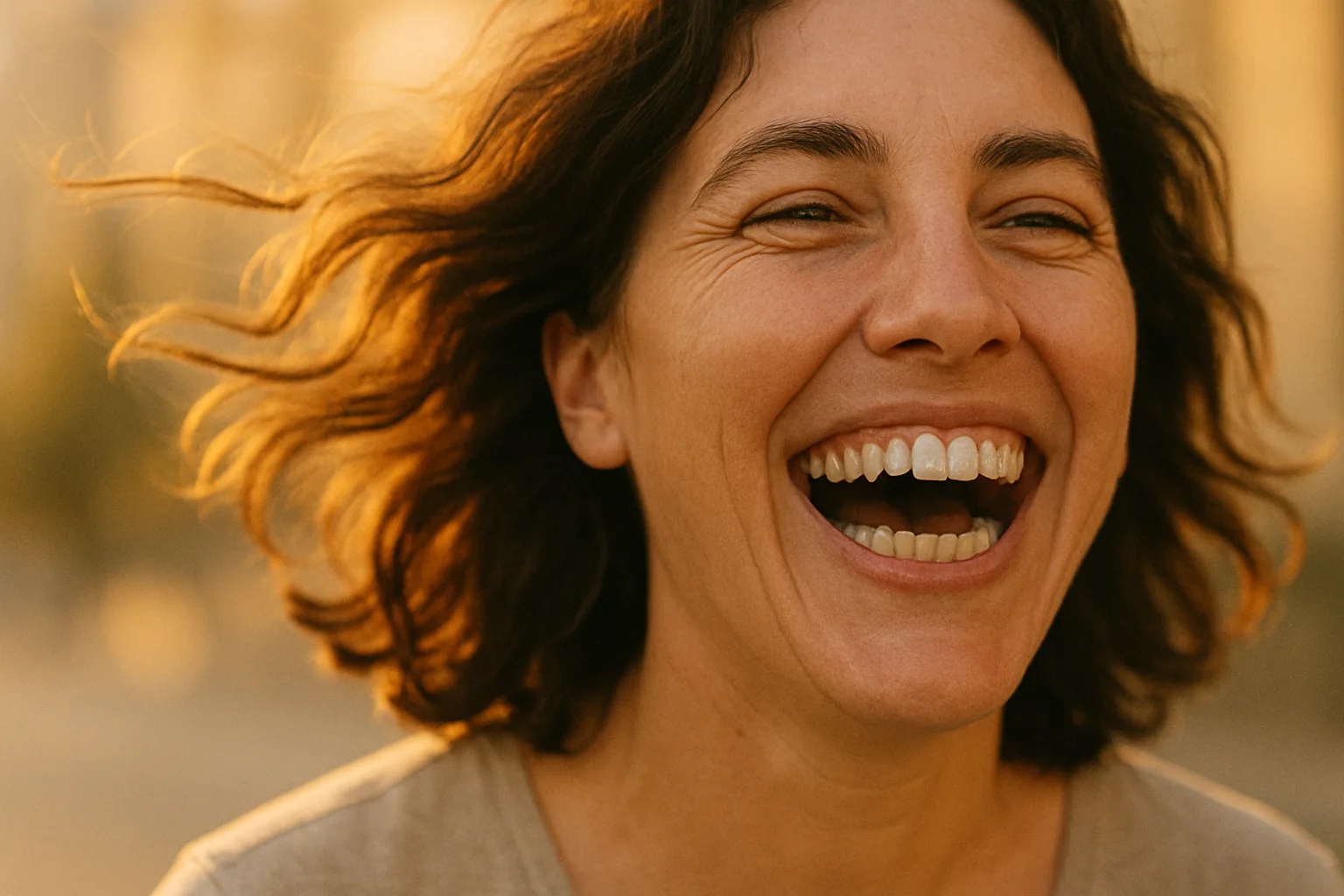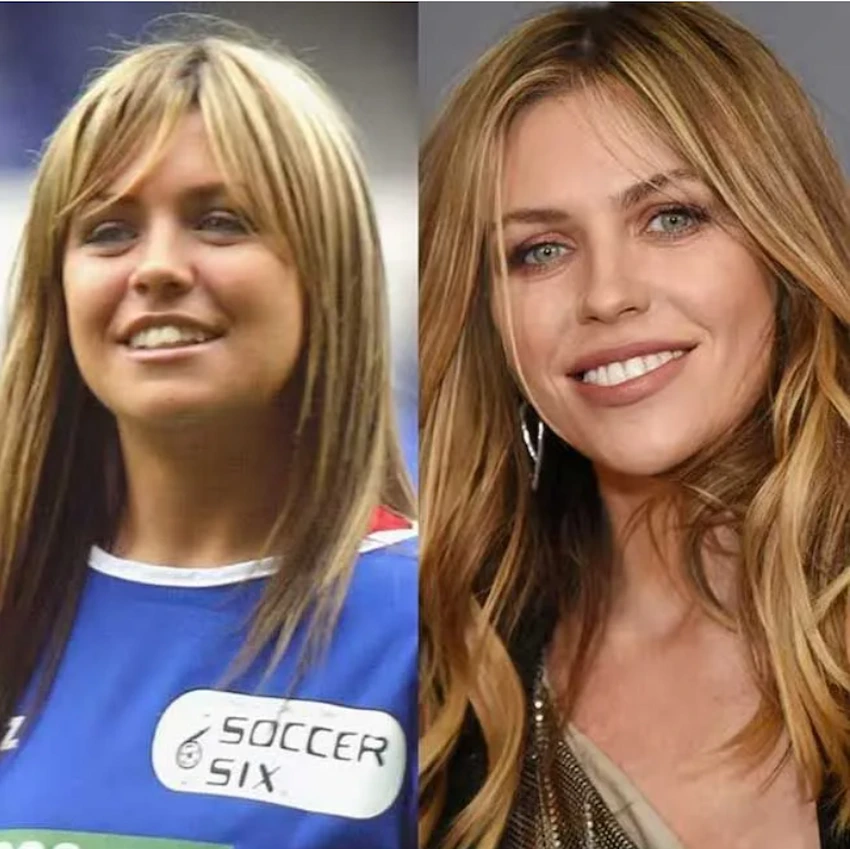👶 The Effects of Pacifier and Bottle Use on Dental Health
When you think of a baby using a pacifier or bottle, it’s hard for you not to smile. It’s one of those picture-perfect moments every parent keeps as memories. However, very few people know that pacifiers and bottles can affect dental health behind the scenes of babies’ teeth and ears. Babies’ teeth will eventually fall out or change, but the way they grow and the habits children develop can change their smile, which can last for decades.
Teeth that are naturally made are nice. Still, five out of ten people with natural teeth are in need of treatment for their teeth from a dental perspective. Many of them who have been using pacifiers and bottles in late childhood are now facing the problem of needing their teeth to be fixed, either for misalignments, discolorations, or bite problems. Then, dental veneers, implants, smile makeovers, and treatment at Lema Dental Clinic in Istanbul, Turkey come into play to turn the flaws into beautiful smiles again.
The Effects of Pacifier Use on Dental Health
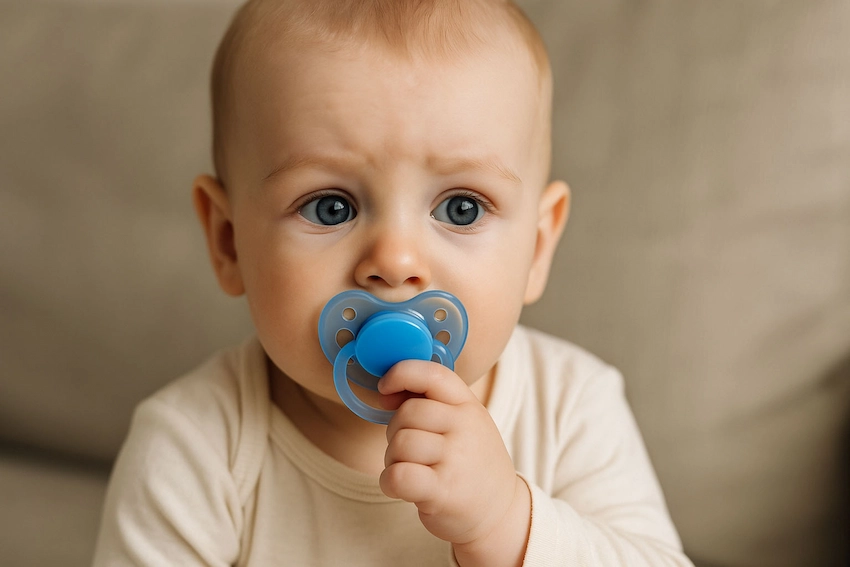
Pacifiers have been a great help to the parents who didn’t know what to do with a crying baby. They not only calm the baby down, but also make it easier for the baby to sleep. However, the pressure exercised due to continuous pacifier sucking on the delicate baby teeth, the gums, and the jaw is simple, but it is still there. Slowly but surely, the baby may start having teeth that are pushed forward, openings between teeth, and even the fabric (of the roof of the mouth) aspects that have changed.
They probably won’t see those changes physically in the first few years, but they might cause the child a great deal of trouble in the second phase of life. Some dental and oral issues like crooked smiles, small overbites, and gaps in teeth may look completely innocent, but they are capable of hampering the process of eating, talking, and lowering self-confidence in the future. The moment when this is happening, the role of aesthetic dentistry will not be only to fix the function, but also to rejuvenate the smile to its original beauty. Veneers could at that moment help in changing the size and in the straightening of the teeth, while implants would be the replacements for those that are lost or so damaged that they can no longer be used.
The Effects of Bottle Use on Dental Health
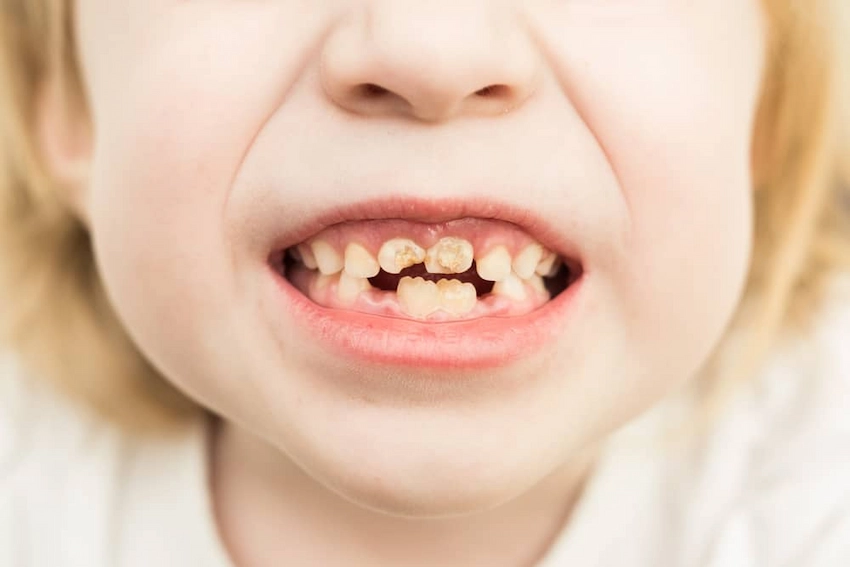
When filled with juice or milk, bottles can be the root of dental destruction. “Baby bottle tooth decay” is the condition of decaying teeth that results from the continuous feeding of the bacteria with the sugar in the liquids. However, decay in baby teeth is not only a problem to the shedding process, but it can also bring problems to the gums as well as the spacing of adult teeth coming in.
From this point of damage, the problem may further arise in the aesthetics of the teeth as well as their health, including whitening, or proper tooth eruption. Without even realizing it, a lot of adults who have been bottle-fed for a long time now suffer that their teeth are a bit uneven and have this yellowish aspect that cannot be solely whitened. To these situations, porcelain veneers or a full Hollywood Smile at Lema Dental Clinic can make a complete change possible, giving you a radiant and even smile that is not a legacy of your childhood habits anymore.
Should Babies Be Given a Pacifier?
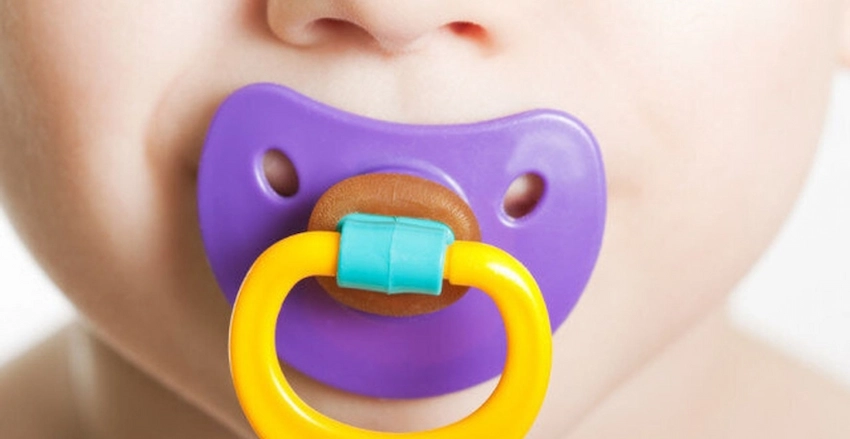
Pacifiers are not all bad—they can comfort babies, lessen the crying, and maybe even diminish the threat of sudden infant death syndrome (SIDS). However, the dental experts point out that moderation is essential. The main thing is to utilize pacifiers in a planned way and not to let them be a constant accessory.
It is like sugar, not very dangerous in small amounts, but if overused, it can result in problems. The use of pacifiers may be considered safe if parents supervise the frequency and duration of usage. And if later teeth reveal signs of shifting or wearing, a cosmetic dentist of high skill can make a perfect smile that feels natural and looks so.
What Should Be Considered When Using Pacifiers in Babies?
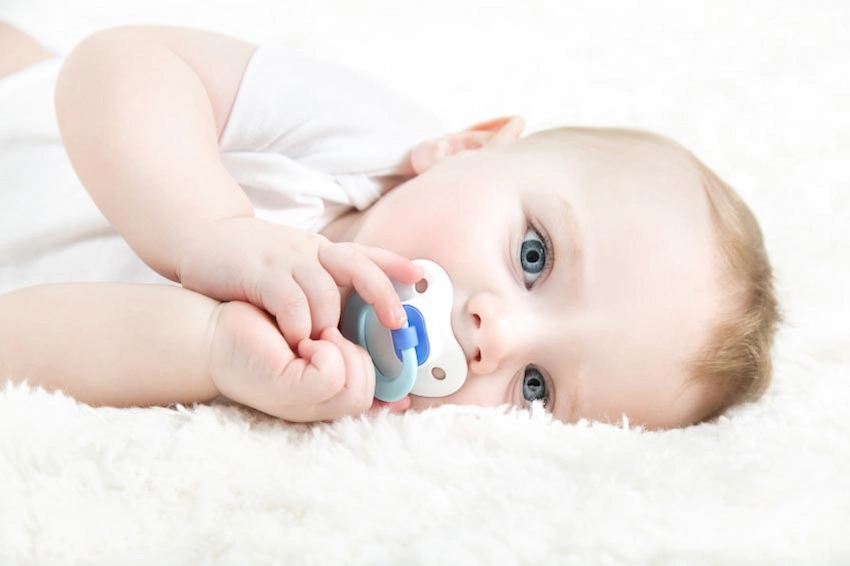
Not every pacifier is the same. The orthodontic ones are made in such a way that they put less pressure on the developing teeth and the jaws of the child. It is possible to use the right design, ensuring it is clean, and usage is limited to sleep time, to help reduce the dental risks.
Alongside that, the way your kid sucks the pacifier is essential. Vigorous suction will exert more force on the teeth, thus leading to a higher risk of misalignment. Usage monitoring, on the other hand, allows you to retain the natural growth of their smile. And if that long-term effect still exists, alternatives like veneers or dental implants could re-establish both function and beauty.
When Should Pacifier Use in Babies Be Stopped?
Generally, dentists advise that the use of a pacifier be discontinued between 12 and 18 months. The longer the habit goes on after this age, the more the changes will be caused by the teeth, such as open bites, overbites, crooked teeth, and so on.
The transition is difficult for parents most of the time, yet early weaning is only a small price to pay for the long-term dental health. And cosmetic dentistry today, for those who did not have the benefit of that early intervention, is like a second chance, which is amazing. At Lema Dental Clinic, patients get customized care plans—be it porcelain veneers for shape and color perfection or dental implants for the missing teeth—that result in the type of Hollywood Smile that makes you feel good at once.
FAQ: The Effects of Pacifier and Bottle Use on Dental Health
Not necessarily—short-term use can be safe and calming. The danger is from harnessing the pacifier for a long time, a scenario that can lead to permanent dental changes that are permanent.
That is true, specifically if they are dipped in sweet liquids or are not cleaned properly. The situation can progress to dental caries and gum problems.
The answer is no, it is not recommended. At this stage, the persistence of pacifier usage can remarkably affect the correct positioning of the bite and also the development of the jaw.
The use should be limited to sleep and nap time; it is better to gradually give up the pacifier before 18 months of age.
The only benefit is that infants can find comfort in their use, they can sleep, and the chance of sudden infant death syndrome (SIDS) can be lowered when the pacifier is used responsibly.
